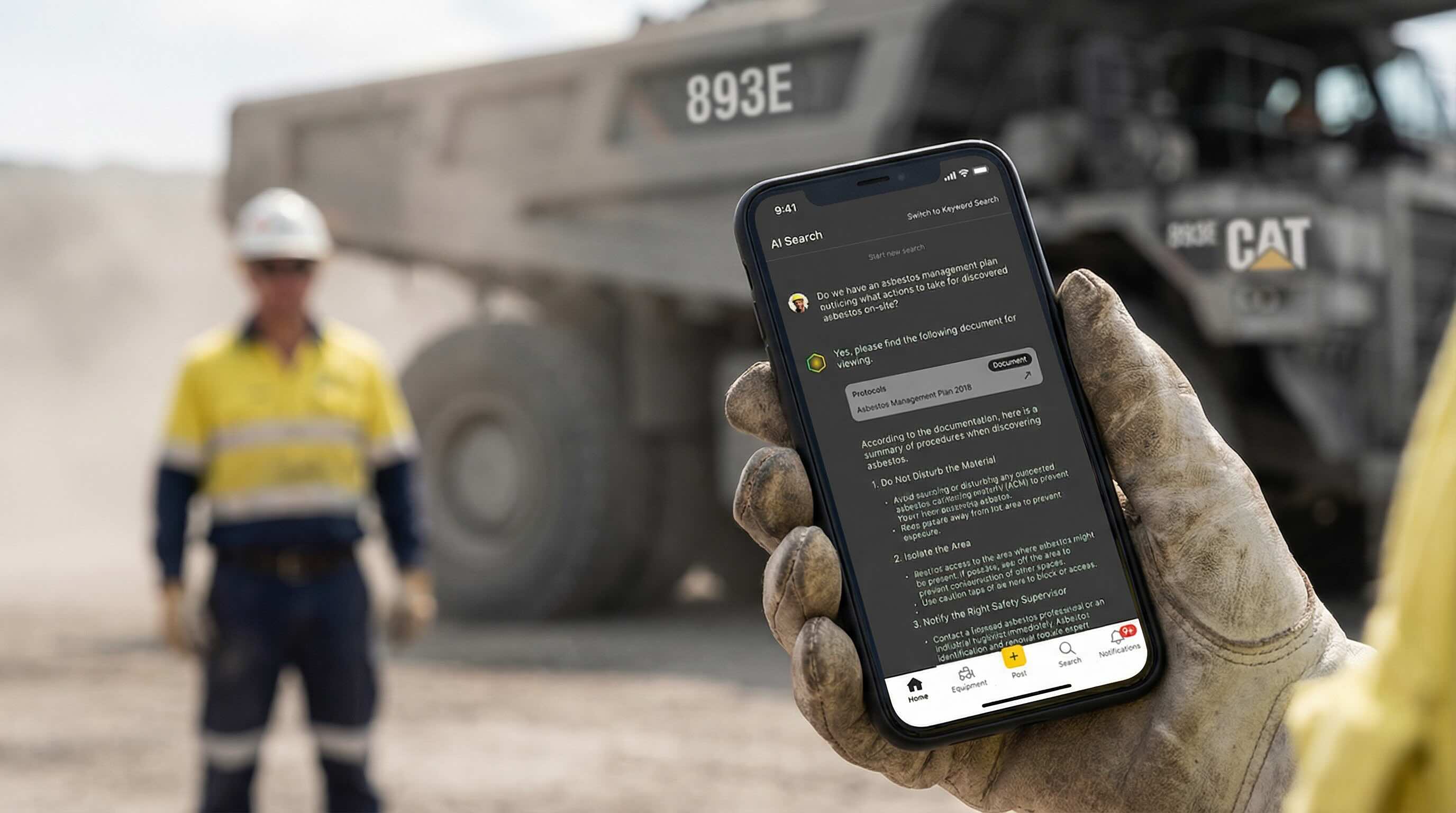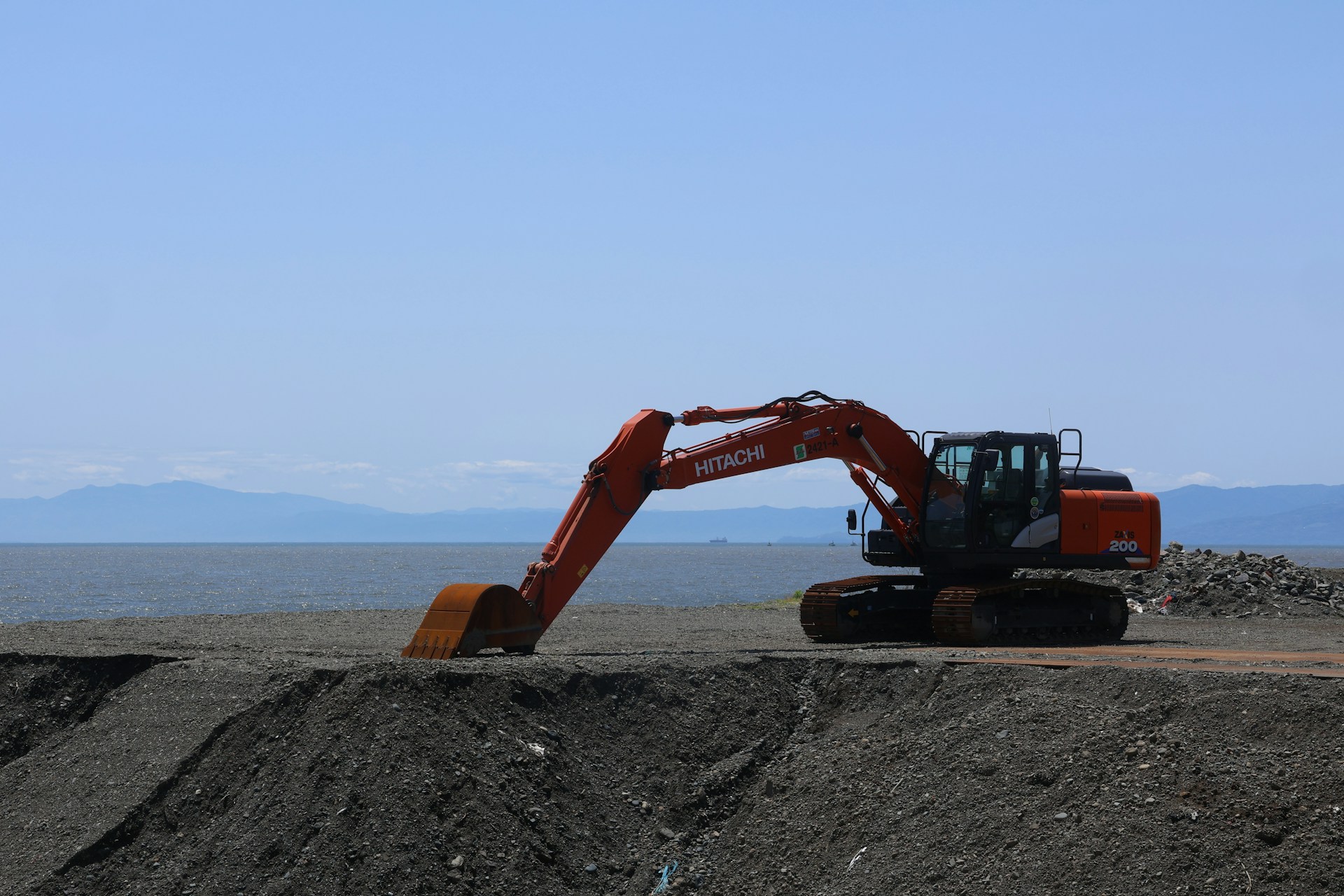Cold conditions test equipment. Mining equipment knowledge sharing helps crews catch problems early and keep machines running stronger all season.
With colder months on the way, crews are racing to prep sites and avoid surprises on the ground. Equipment uptime is on everyone’s mind, especially before freezing weather makes routine checks harder. As work ramps up in November, real-time updates become more than helpful—they are what tips the difference between a quick fix and a full-blown delay.
That is where mining equipment knowledge sharing proves its worth. Operators, mechanics, and supervisors who swap what they see on the job save hours and headaches. The key is keeping the updates simple and steady. It is the day-to-day advice about a sluggish loader or an odd noise on the grader that makes troubleshooting faster later on—when it is shared and easy to find.
The Hidden Cost of Silence on Site
No update is still an update. When something does not feel right and no one says anything, that silence lingers across each shift. Machines get passed over with hidden faults—a warning light only flashing after lunch or sluggish hydraulics on cold mornings. By the time anyone digs in, the problem has gotten bigger and the fix is tougher.
Crews who keep quiet see the same codes return on different gear. The same slow warnings get traced and fixed repeatedly, wasting hours across the site. It does not just slow down the one who missed the signal—it can hold up the entire job.
Speaking up about small glitches—like a sticky track uphill or slow auto-grease—makes a difference. When these little flags get posted somewhere all crews can check, troubleshooting speeds up and open issues do not get lost.
On Torqn’s platform, field reports and daily logs can be linked directly to each machine, making every warning or fix easy to track and pass to the next shift.
How Teams Use Forums to Spot Patterns
It often takes two or three people noticing the same thing before anyone realizes it matters. Forums make this possible. Say one operator posts about a regen cycle on a haul truck dragging out in the cold. Suddenly, several others reply. Maybe another shares how using block heaters shortens that cycle, or a tech confirms the trend below 25 degrees.
This single thread now helps every crew facing the same issue later. With forums, advice isn’t buried—it is tagged, searchable, and ready for a quick reference whenever similar problems crop up.
Late fall brings even more seasonal chat: thaw cycles, slow hydraulics, and unusual noises after cold starts. Questions and pattern-spotting rise, building a reference for everyone moving into December and January. The more these details get logged in one place, the more prepared each shift can be for the next round of cold and wear.
From Guesswork to Insight: What Knowledge Sharing Looks Like Day-to-Day
Real field progress does not come from manuals. It comes from what crews remember and share. Sometimes, the smallest lesson saves the most time.
If a tech sees a loader stuck in auto-idle and checks the forum first, they might find three threads already blaming frost around the pedal harness. A quick warm rag on the spot fixes the problem—no costly teardown or lost productivity.
Site leads check these logs to shuffle priorities or rotate machines before there is downtime. Updates flow in logbooks, group chats, or quick forum posts, cutting the need for long team meetings. Temporary hires or new crew members no longer stumble through silent fixes—they scroll through shared stories, check recent notes, and step in ready to help.
Designing a Culture That Supports Shared Learning
Building a habit of knowledge sharing takes more than reminders—it takes leadership willing to listen and teams willing to log what’s working and what is not. When updates are valued, people speak up.
The most reliable teams keep the process light and steady. They:
1. Use quick shift logs, sometimes just one-liners
2. Save time in the day for updates at handoffs
3. Spotlight those who bring up early fixes or flag patterns others miss
No complicated software is needed—the tools just need to be accessible and simple. When digital platforms connect fix notes, photos, or warnings right to the task or machine, it becomes easy for anyone to add their voice. No more lost notes or overstuffed inboxes—just a living record of what works, what does not, and what to check next.
Torqn’s customizable knowledge platform lets companies brand and organize shared advice for the whole team, keeping logs where they support fieldwork, not slow it down.
A Smarter, Safer Season Ahead
Mining sites run best when talk happens at every level—between the machines, the people, and the logs everyone can see. When mining equipment knowledge sharing becomes part of daily prep, surprises shrink and fixes come faster.
As temperatures drop, teamwork means more than getting along. It means making every lesson count across shifts, avoiding repeated mistakes, and starting each day from a stronger, safer place. The more crews pay attention and log what they see, the less it feels like a guessing game—and the more jobs stay on track, all season long.
At Torqn, we keep seeing how small shifts in how teams communicate can lead to big improvements across entire fleets. When crews take time to share updates, patterns in performance become easier to spot and faster to fix. Building habits around mining equipment knowledge sharing works best when there’s one place to track field notes, ask questions, and learn from past fixes. From forums to field logs, having a shared space to talk about machines makes downtime less likely and decisions more informed. Let’s talk about how we can help your crews stay connected this season.









